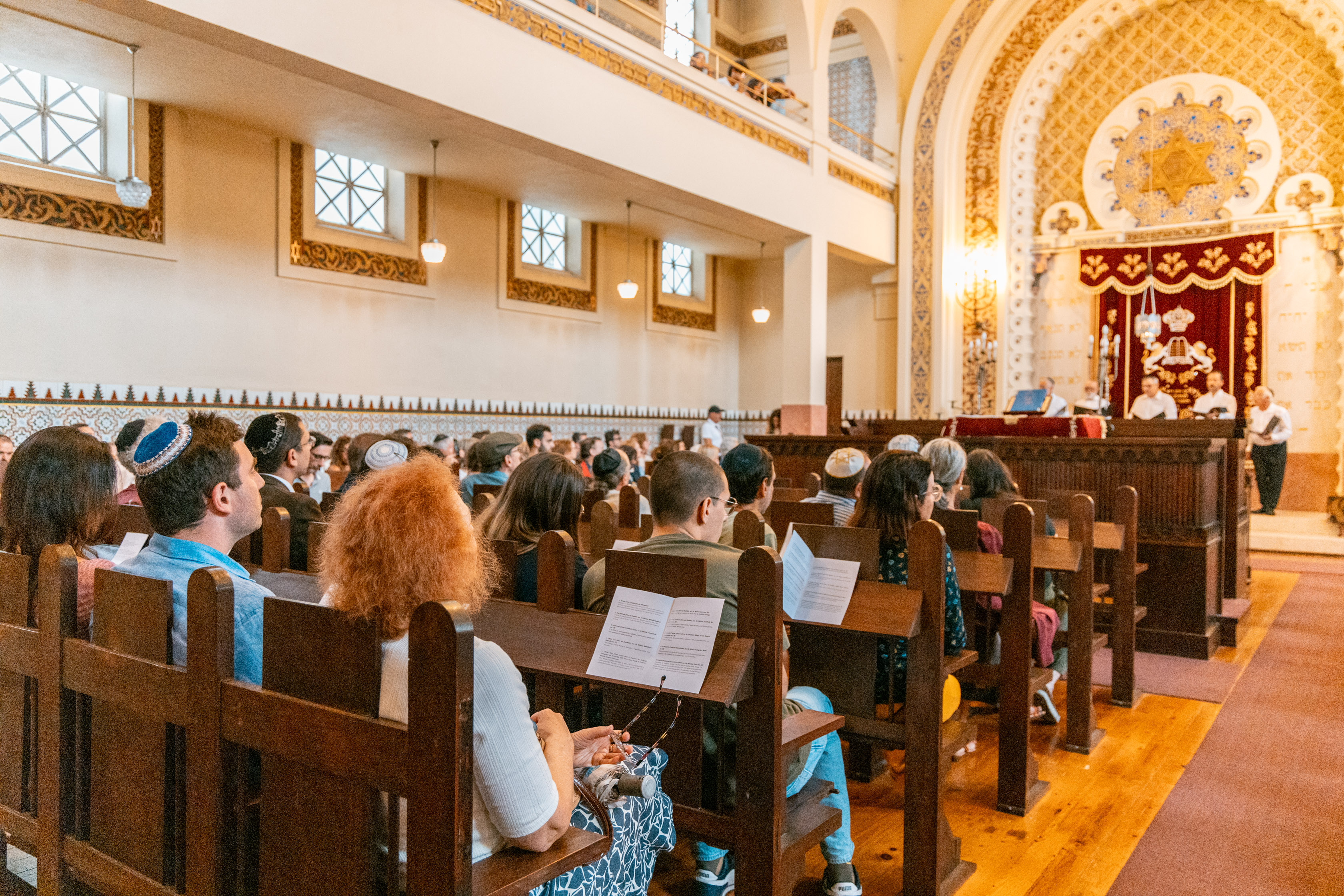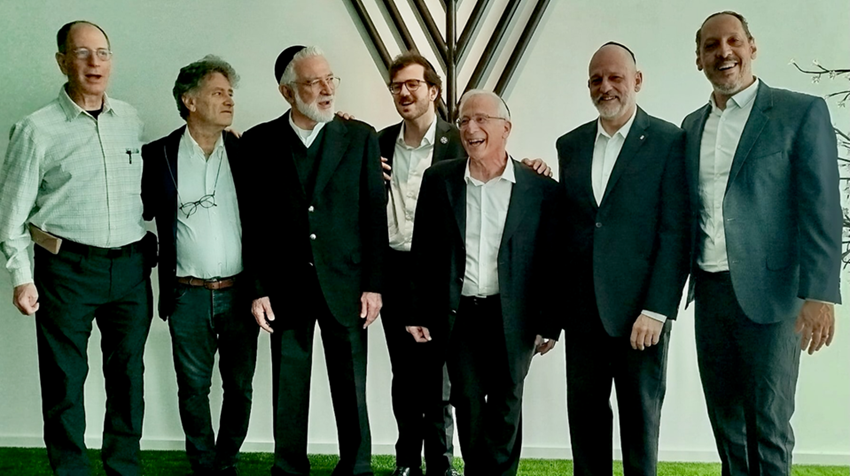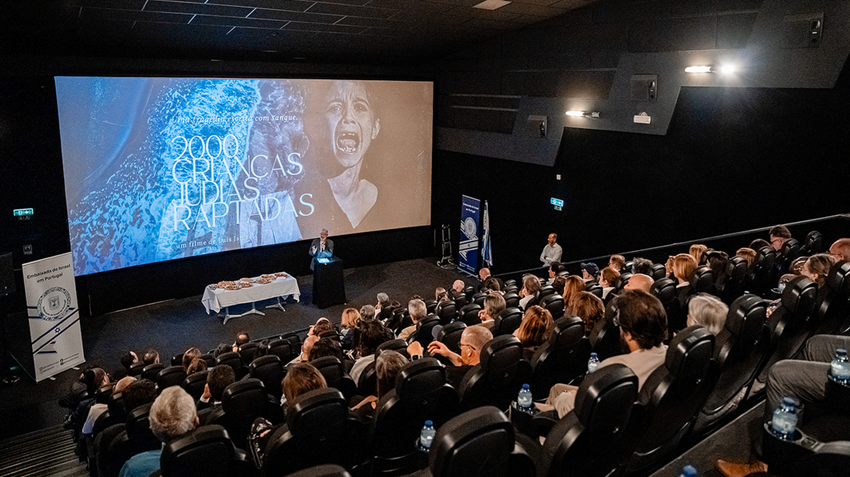In the year of its centenary as an association recognized by the Portuguese State, the Jewish Community of Oporto is preparing the worldwide distribution of the film "Sefarad", which tells its story over the last century. The plan primarily includes non-Jewish audiences, but many Jewish communities will promote screenings of this feature film. It is available on VIMEO and its trailer can be seen here.

Although essentially centred on the Jews of Oporto during the 20th century, the film begins with a journey through time. The Jews have been present in Oporto for at least two millennia, preceding any memories or existing monuments in this city. The Oporto Jewish families were proud to belong to the tribe of Judah and never forgot their spiritual home in Jerusalem.
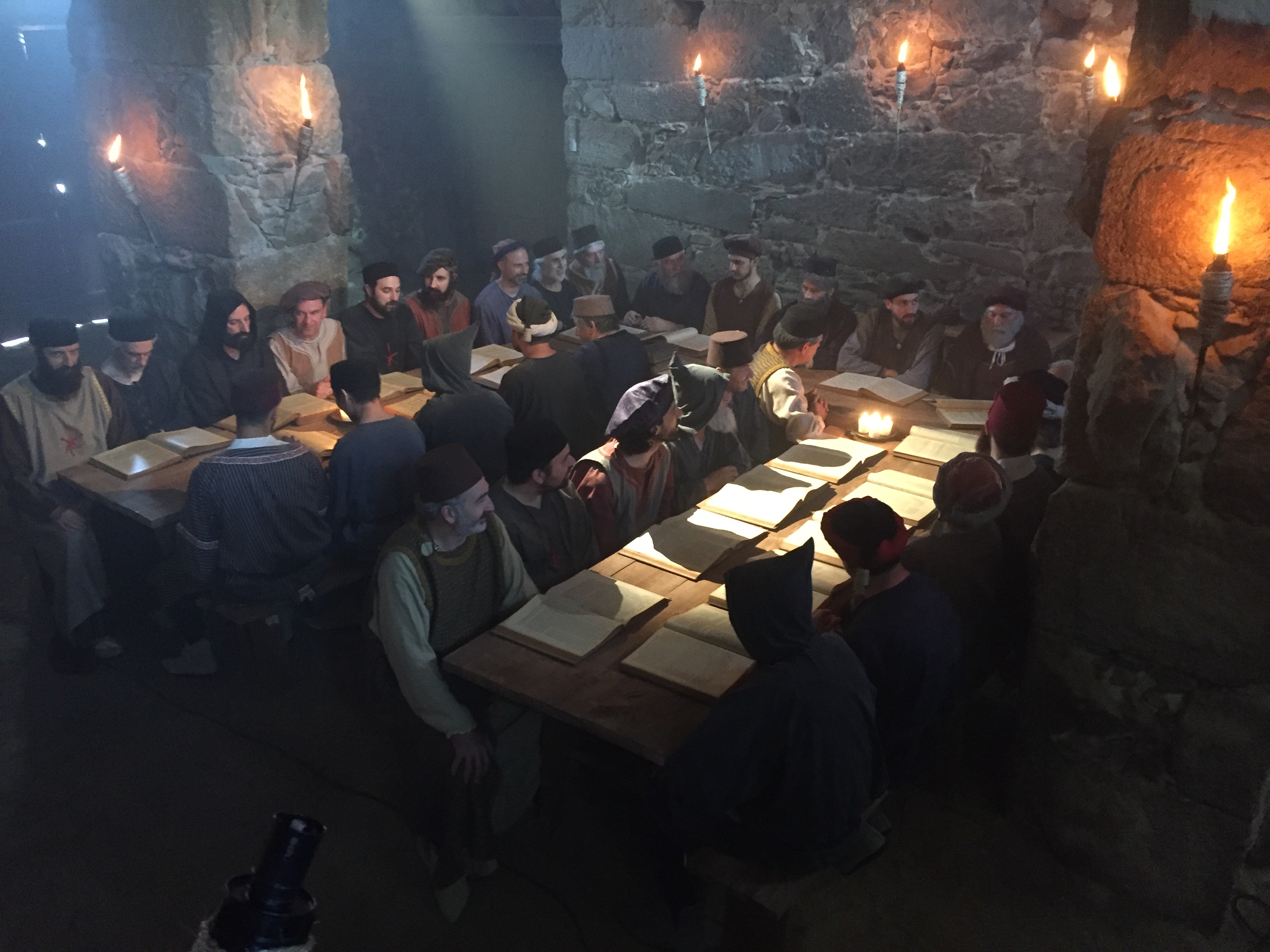
Following the foundation of Portugal, the Jewish community of Oporto became very scholarly, and was strong in economic terms. The city resembled a small Judea. Many inhabitants do not hide their Jewishness. It was a very literate community. However, King D. Manuel forbids Judaism in Portugal. Two hundred thousand Jews fall victim to this edict. They must confront a long journey to distant countries. Others find it difficult to leave Portugal and are compelled to forget the Law of Moses. Officially, the Jewish community disappears.
It would only re-emerge 300 years later…
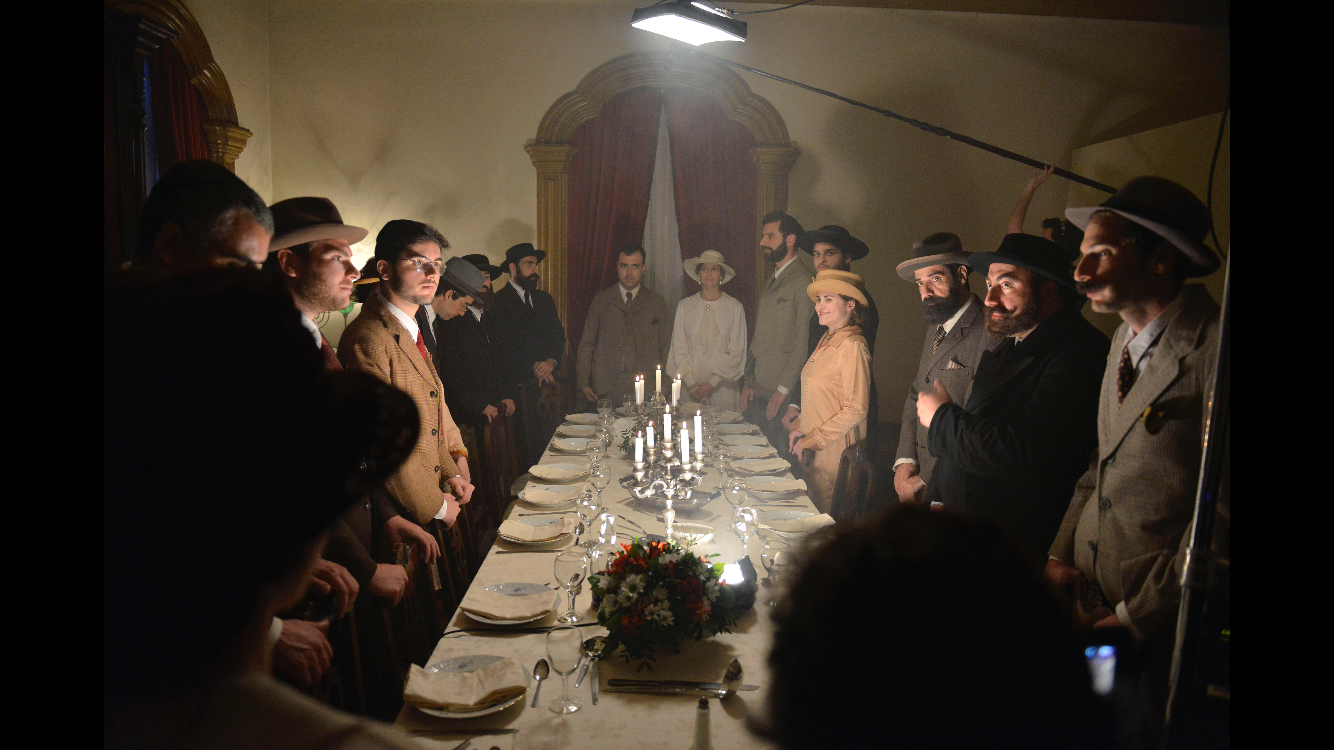
It is not until the end of the Inquisition in the nineteenth century that the Jews slowly begin to return to Portugal. Initially, the community was Sephardic, from North Africa, but at the end of the 19th century, all the families were Ashkenazi, which multiplied before, during and after the First World War. A small community of Ashkenazi Jews connected by marriages among themselves settles in Oporto, and these are joined by a Portuguese military officer converted to Judaism, Captain Barros Basto who soon begins to travel, sometimes on horseback, seeking to bring back to official Judaism those who practice "Marranism". It is the start of one of the most romantic stories of the 20th century.

In villages in Trás-os-Montes and in the Beira regions Barros Basto witnesses incredible religious rituals. The faith of the Marranos – men, women and children forsaken by the world four centuries earlier – make him declare that he will pursue the “Rescue Work” till the end of his days.

To carry out this human rescue programme, unequalled in the history of mankind, the Jewish Community of Oporto sets up a school and wishes to build the largest Synagogue of the Iberian Peninsula, with the financial support of international Jewish organisations. The idea behind building a great Synagogue was to ensure that the Marranos did not feel inferior with regard to the Catholics. In terms of beauty and grandeur the new Synagogue would rival the most majestic of churches. However, the “Rescue Work” failed, for contrary to everyone’s expectations the Marranos were not receptive to the idea. They were not willing to add anything to what they already did or to correct their practices which had been influenced by Christianity.
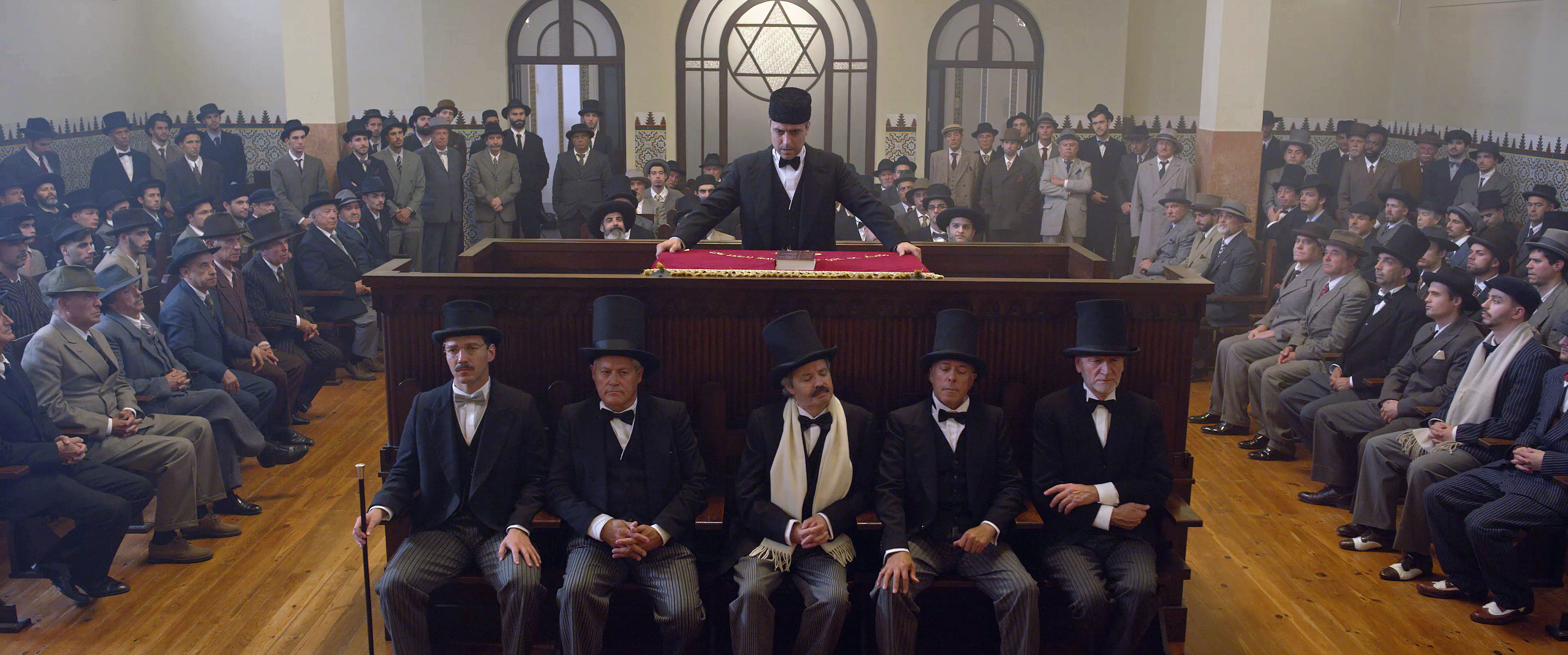
When the great Kadoorie Mekor Haim Synagogue was inaugurated in 1938, the “Rescue Work” was practically dead. It was the start of a progressive process of assimilation which led to the extinction of the Marrano communities in the villages owing to mixed marriages, emigration, liberalisation of customs and the weakening of religious ties.
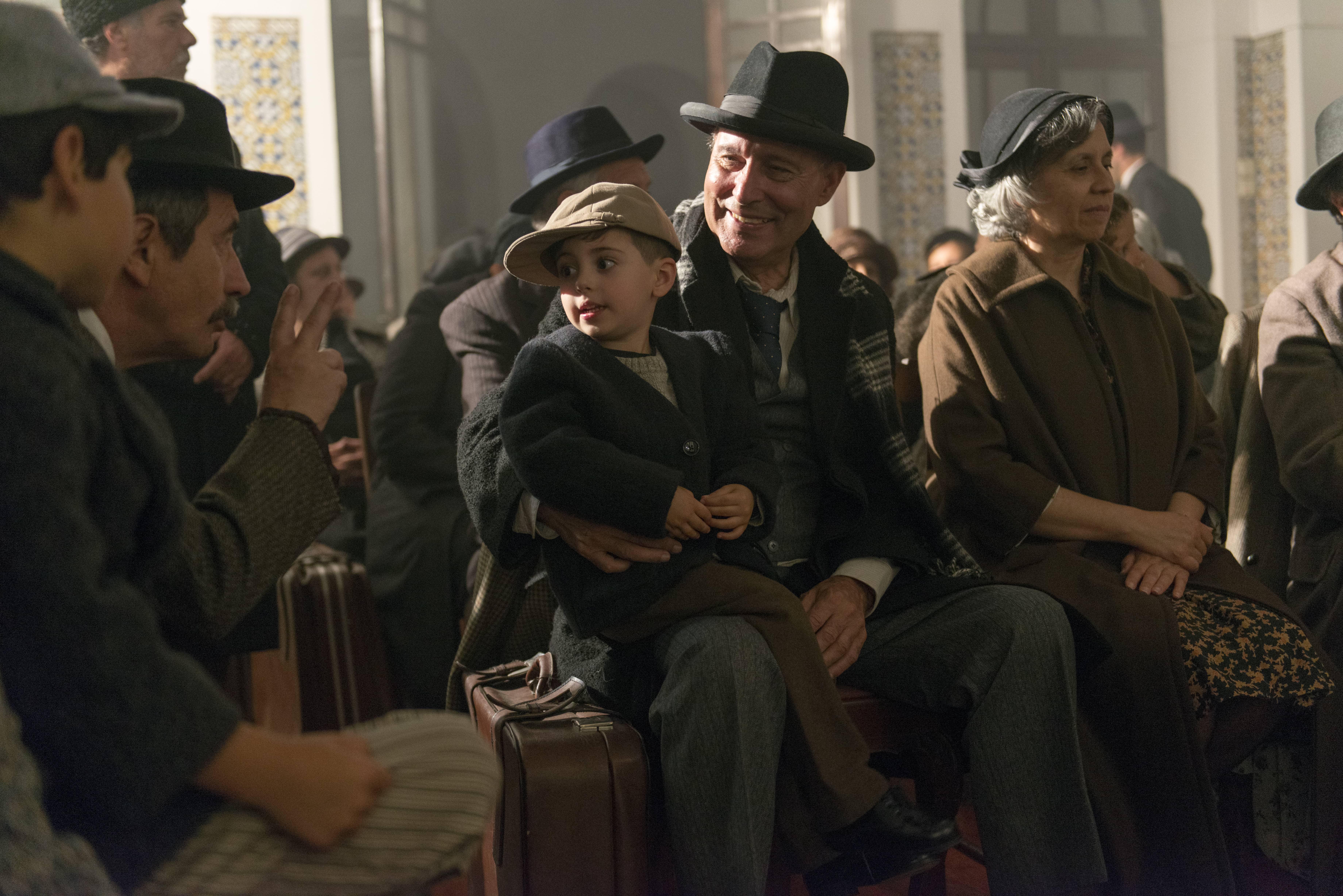
The period of Nazism and the Holocaust brought hundreds of refugees to Oporto, their life in ruins. The Jewish community in this city became practically a community of refugees. Old and young, sad, distraught, with no worldly goods, they cried for their families whose fate they did not know. Many slept and wept here and there in the Synagogue. All the moving stories were similar. With the exception of a few, who stated their wish to settle in Portugal, most were only waiting for the moment to depart to other countries where they could start their lives again. “Europe – they said – never again!”
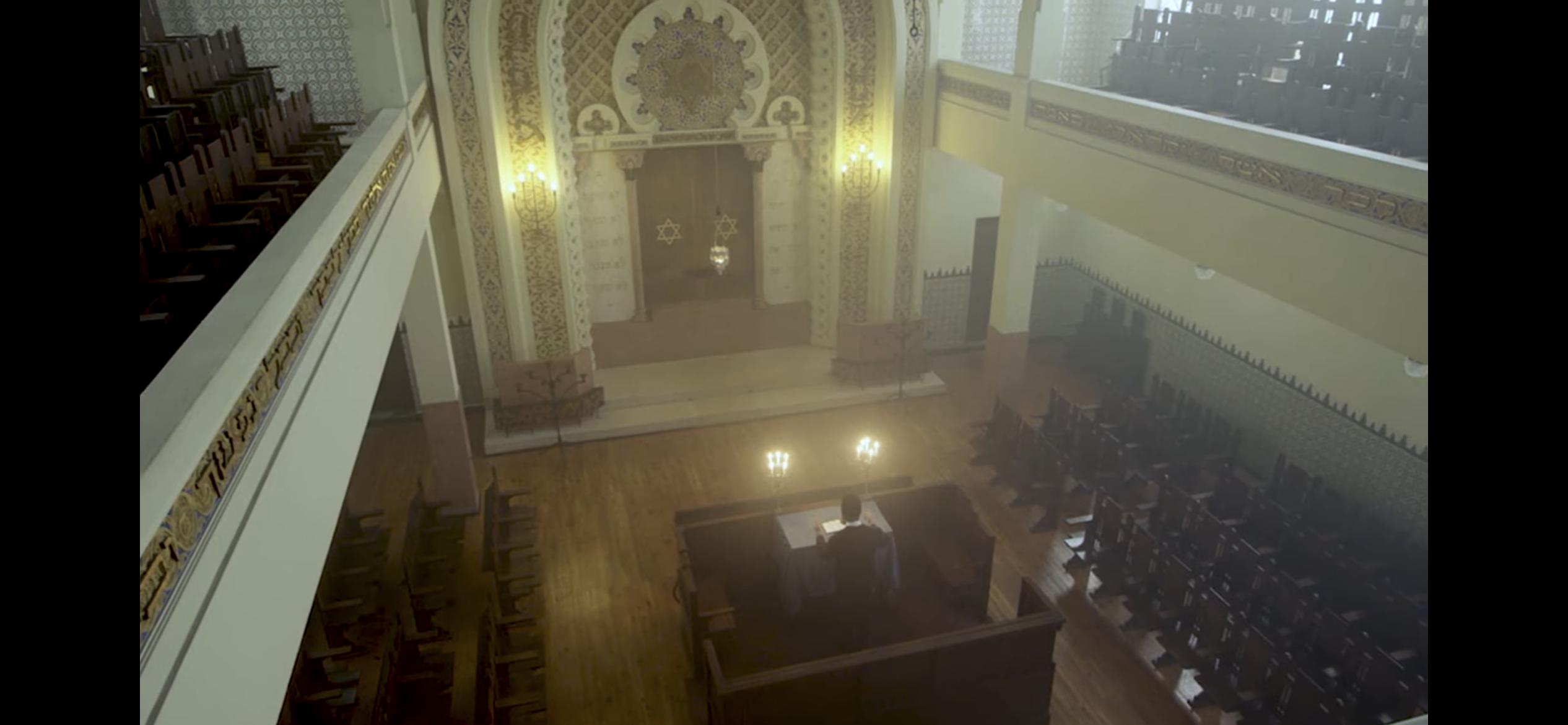
Following the departure of the refugees the insignificance of the Jewish Community of Oporto in terms of number is quite obvious, as is the exaggerated dimension of its Synagogue. One of the smallest communities of Europe has one of the largest Synagogues. The absence of the faithful during prayers in the temple means that the Community’s religious leader at the time, Srul Finkelstein, prays and sings, many times totally alone, in the vastness of the echoing Synagogue.
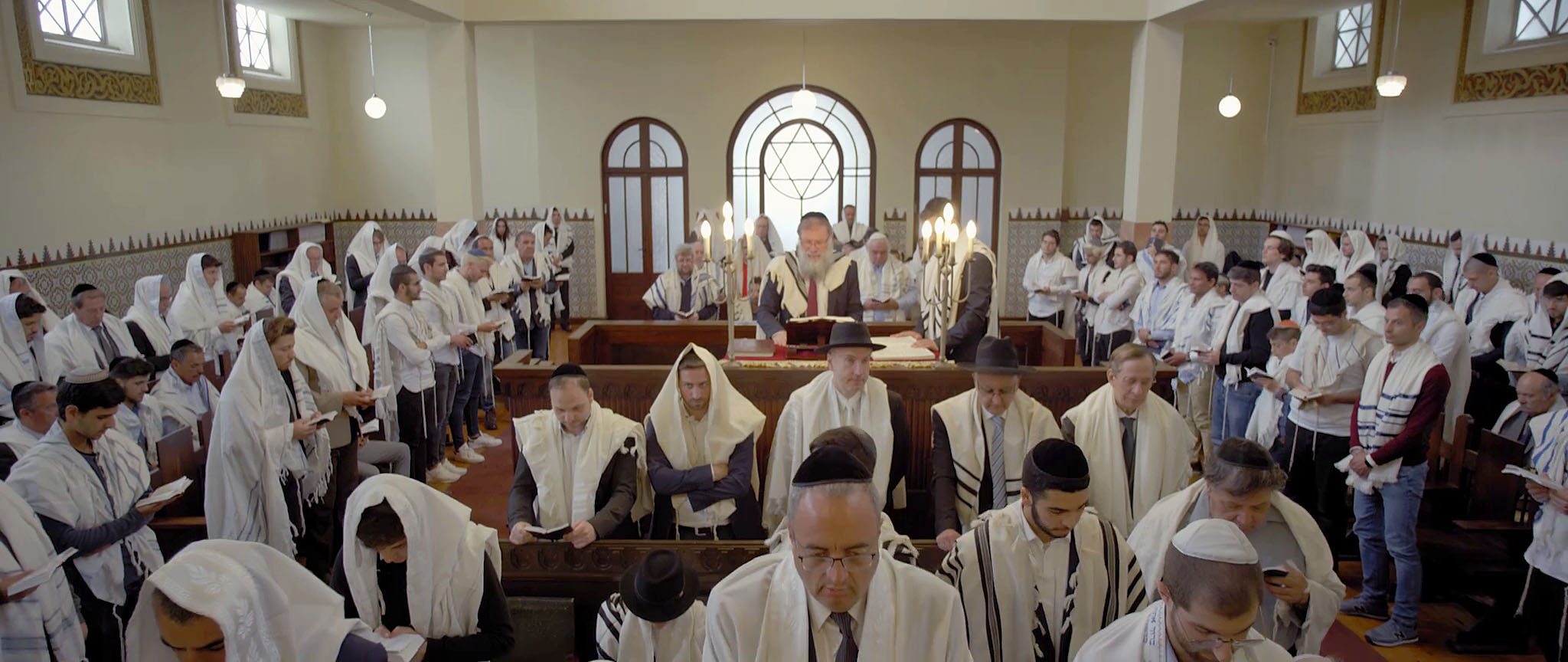
It was in the year 2018 when a strong, renewed Jewish Community of Oporto held a special Shabbaton. Many of those present were Sephardic Jews of Portuguese origin, who had recently arrived in Portugal for, five centuries after D. Manuel’s edict had led to the mass exile of the Jewish community, a new law promoted the return to this land they had been forced to forsake. And in Oporto, in the great Synagogue, the Jews again sang in praise of Adonai.
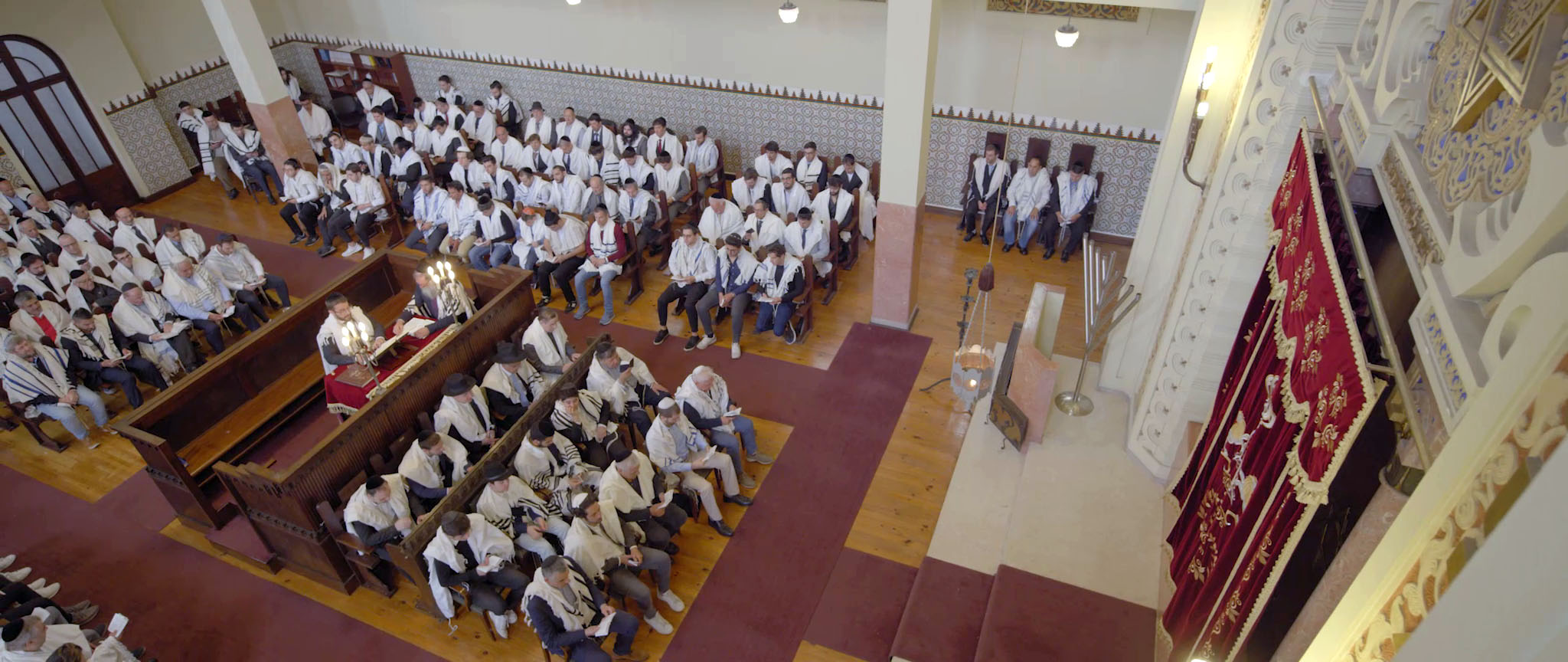
The film contains another focus of interest. In the midst of Captain Barros Basto's incredible story, a great injustice fell on him. Victimized by anonymous letters from three immoral Marranos, the Captain was expelled from the army for having taken part in circumcisions, a case that became known as the “Portuguese Dreyfus" case.
































